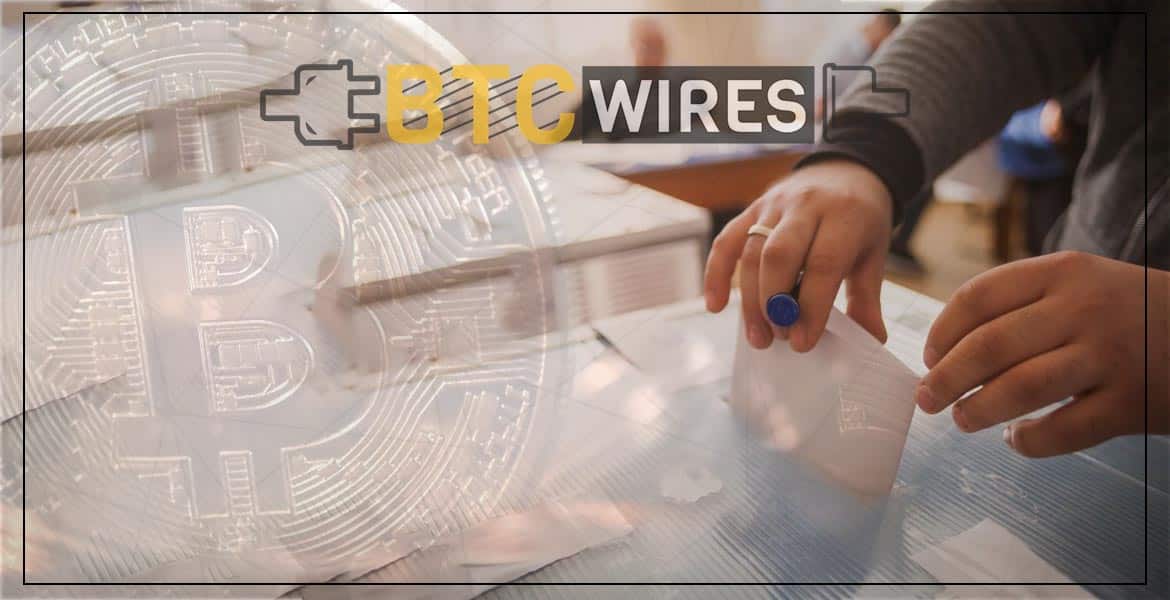The reports from National Academies of Sciences, Engineering, and Medicine (NASEM) is

The reports from National Academies of Sciences, Engineering, and Medicine (NASEM) is the collective scientific national academy of the United States, lately, has published a consensus report strongly recommending the use of Blockchain technology for voting. Since the world is amazingly moving towards the digital era and after the introduction of blockchain it has attracted a massive amount of audience all over the world and has made a real-life impact.
Reports from the academy show that the world is not ready for voting over the internet. The report titled “Securing the Vote: Protecting American Democracy” the technology may have grown outrageously in recent years, but it does little to solve the fundamental security issues of elections. It warns that use of blockchain may introduce even more security vulnerabilities into the system.
The study panel included professors from Stanford, Princeton, and MIT, as well as a senior cryptographer, they further add to the insecurities “In particular, if malware on a voter’s device alters a vote before it ever reaches a blockchain, the immutability of the blockchain fails to provide the desired integrity, and the voter may never know of the alteration.” It also included other deadfalls with blockchain technology in the context of voting.
West Virginia had their basis on the results of a previous attempt when they tested a mobile app, developed by a startup called Voatz, during primary elections. Now the officials plan to offer the option to overseas voters from the whole state. On their testimony, the state says, it is a more suitable and protected way to vote online will increase turnout and that a blockchain, which can be used to secure the transaction details involved, can protect the process against snooping. It would be easier to avoid the tampering included with the election machines (EVM).
Vipul Goyal, who is the associate professor in the Computer Science Department at Carnegie Mellon University said, “There have been some proposals to use blockchains for voting, “He further continued “It’s an active and exciting area of research. Certainly it seems like blockchains bring some missing components to make online voting a reality.”
In light to the use of blockchain technology for voting, Kevin C. Desouza, professor of business, technology and strategy at QUT Business School, said, “so that every transaction is vetted, and there is permanency of record and no ability for a single entity to manipulate the record.”
According to Goyal, “There has to be an authority which determines who can vote and who cannot. ” If the user has the eligibility to vote from the authorised agency, the user will receive a token, “This is similar to receiving a coin.” Goyal added, “This token can then help the user to vote exactly once.” “The mechanism used to prevent this is analogous to the mechanism used to prevent ‘double spending’ in cryptocurrencies based on blockchains.”
